Wherever you may come from, the saying that ‘variety is the spice of life’ holds everywhere. There are fruits indigenous to some locations, and there are some common in more than one climate. This article will give you a list of African fruits that everyone must taste, and which will make your taste buds ask why you took so long.
African Fruits You Should Taste
1. African Eggplant
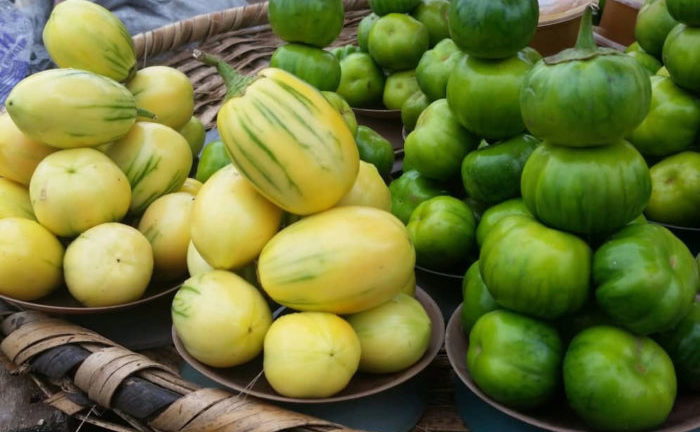
Found mostly in central and west Africa, it is whitish with a touch of green, spongy (which some take advantage of and use as meat), egg-shaped, and has a bitter taste.
It has many names including eggplant, African bitter pea, and Solanum macrocarpon. Its nutritious value is high, containing up to 92% water, it is low in calories, and high in dietary fiber. It can be consumed raw, as a snack, or chopped and cooked in stews and sauces.
Health Benefit: It increases blood flow and is beneficial for cardiac diseases
2. Deglet Nour
Found mostly in Algeria, it is one of the most common dates varied components in the entire North African region. It has an amber color, is small in size, and has nearly translucent flesh. This fruit is also known as Royal Dates or Queen of all dates.
It is very sweet, it’s nutty, and has a caramel-like flavor. While they can be eaten as candy, you can also use them to make syrup.
Health benefit: It is great for bone and dental health
3. White Star Apple
Also known as the African star apple or Chrysophyllum albidum, it is found in West Africa (mainly Nigeria), Benin Republic, Togo, and Ghana. It fruits around December to April and is sweetest when it is left to fall off from the tree before consumption. It has a bright orange color, containing 4-6 seeds, and is eaten raw as a snack. The seeds can be seen lying in a star shape when the fruit is cut open, thus the name given to it.
Health benefit: It is good for issues relating to indigestion and it strengthens the immune system,
4. Baobab
The baobab is a pre-historic tree native to the African Savannah. With heights up to 30 meters and a trunk circumference of up to 40 meters, the baobab tree towers and is imposing, with a life span of up to 2,000 years.
Most of the year, the tree is leafless with roots pointing upwards, thus the name ‘the upside-down tree’ and the ‘tree of life.’ It is very useful because its fire-resistant bark is used to make cloth and rope while its leaves are used as medicine.
Also known as Adansonia, the baobab fruit has a hard shell that when cracked open, you can eat off the white powder from the seeds.
Health benefit: it can help in balancing sugar levels and reduce weight
5. Matoke
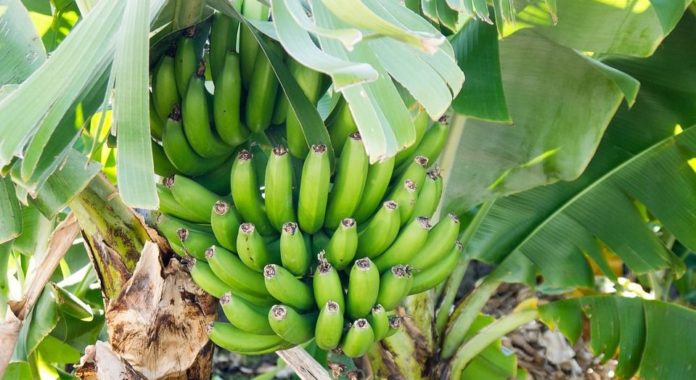
This is a banana variety indigenous to Uganda, only they are shorter and thicker than the usual bananas. It is also found in Tanzania and other Great Lakes countries. Matoke contains high quantities of starch so the raw fruit is very hard and needs to be boiled before consumption. It softens when ripe, but it’s considered a waste because people prefer boiling it with vegetable sauce, ground peanuts, and meat.
Health Benefit: It is rich in potassium and regulates blood pressure
6. Bush Mango Kernels
Also called African mango, it bears a mango-like fruit that is green when raw and red when ripe. It has a nut-like texture with a single seed- the kernel- inside. It can be eaten raw or roasted like cashew nuts. They can also be ground and made into soups.
Health Benefit: It is a great fruit for obesity
7. Siwa Oasis Dates
This is a chewy fruit that can be consumed both fresh and dried. It takes about 10 years to mature, and after that, it can produce up to 50kg of chewy treats yearly.
Health Benefit: High in fiber, this fruit also has high disease-fighting antioxidants
8. Marula
This is an indigenous African fruit mostly known for its fiber and mineral content. It is also useful because of its availability during difficult fruiting seasons, this serving as an alternative to food.
Health Benefits: High antioxidant properties
9. Balanite
Found mostly in the south of the Sahel Savannah region across Africa especially in the West African countries, the balance is tasty and rich in fiber, and vitamins, and minerals.
Health Benefits: Effective in the treatment of jaundice and intestinal worm
10. African Avocado
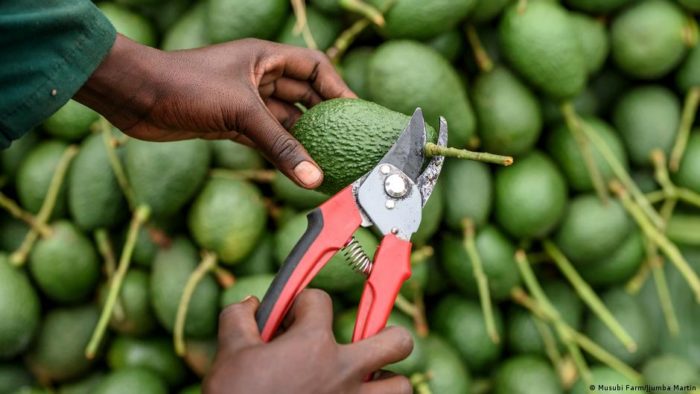
The African avocado is a fruit for the healthy. It is highly nutritious and universal because it thrives in both tropical and subtropical zones. It has a soft, creamy texture and a mild, exquisite flavor. With an oil content of about 16-21% and its high lecithin content, it is utilized as an internal lube, to cure ulcers, to digest fat readily, and as ‘brain food’. It has a pear shape but can vary depending on the variety (could also be round or oblong like a cucumber).
Health Benefits: It is good for the prevention of macular degeneration and cataracts
11. Rex Union Orange
The Rex Union Orange has dark red skin with a thick patch underneath. It is used to produce marmalade due to its sour and juicy flesh. The fruit is on the brink of extinction due to the change in ownership over the years. Do yourself a favor by grabbing one whenever you’re in the North-Western region of Africa before it goes extinct.
Health Benefits: It has antioxidant properties
12. Sào Tome Peach
The Sào Tome peach is a fruit indigenous to the islands of Sào Tome Principe. The fruit grows on a small tree in the region and has a savory taste which leaves you on the quest for more.
Health Benefits: Has properties to help heart health and digestion
13. Manila
Also known as Manila tamarind fruit has a novel taste and a broad spectrum of health benefits which include curing gun ailments, toothache, and hemorrhaging. The fruit has nutritional constituents such as fat, protein, and energy and it is used in soft drinks.
Health Benefits: It can soothe tootache
14. Black Plum
The African black plum is common across tropical sub-Saharan Africa’s coast and Savannah woodlands. The tree is not domesticated but widely utilizes and protected. The African black plum is useful in agroforestry and organic farming. When you roast the fruits, you can make a beverage similar to coffee.
Health Benefits: It comes with some amazing heart benefits
15. Ebony
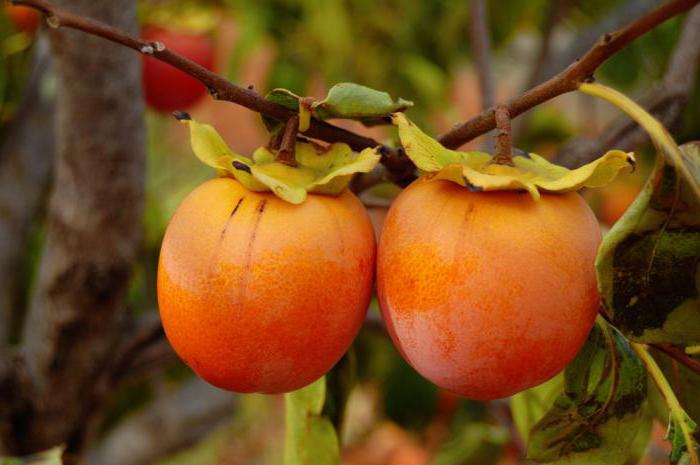
Ebony wood with its most common African special, the jackalberry is highly regarded when carving musical instruments such as the piano and violin. The fruits are commonly eaten fresh, dried, or pulled for sauce. They can also be brewed into beer or fermented into wine. Its roots are mixed and can treat dysentery and fever, and even help treat leprosy in Southern Africa.
Health Benefits: It can be used in the treatment of treatment of malaria and headaches,
16. Dika
Indigenous to West Africa, a Dika tree can grow to be as tall as 40 meters and produces a small green-and-yellow fruit that looks, at first glance, like a small mango. When forests are cleared in West Africa for firewood or farmland, the Dika trees are, more often than not, left untouched. Farmers have too much to gain from harvesting the tree’s fruits and seeds.
Resembling smooth walnuts, Dika seeds are cracked open by harvesters to collect the edible kernel contained inside. These kernels can be eaten raw or roasted, but most are processed and pounded into Dika butter or compacted into bars or pressed to produce cooking oil.
Health Benefits: It helps in weight loss.
See Also: Magwinya Recipe- Simple Ways To Make Delicious Fried Dough Balls- How Best to Enjoy It
17. Monkey Orange
Also called natal orange is indigenous to tropical and subtropical Africa. It is a small tree that varies into three species. It needs a good amount of rainfall to produce and it is available from September to February. The fruit is juicy and has a sour flavor. It is consumed as a snack.
Health Benefits: It is rich in vitamins and minerals including vitamin C, zinc, and iron.
18. Kola nut:
this is an interesting fruit that grows in the rainforest of Nigeria, served as a tasting fruit, the kola nut is most respected and has various traditional duties attached to it. It is a symbol of peace and welcome in most Nigerian traditions and is shared for the sake of it. The kola nut is rich in caffeine.
Health Benefits: It plays a good role in sexual health and it is good as an antioxidant.
19. Mobola Plum
also known as mmupudu (by Tswana speaking South Africans), grown on a tree also known as the hissing tree. a native fruit of Southern Africa and Zimbabwe have been isolated by a vacuum headspace volatile flavor components.
Health Benefits: It is said to be beneficial for the treatment of cataracts and earaches.










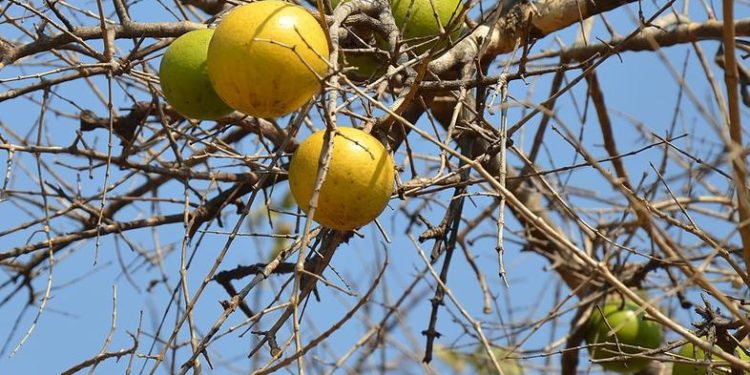










Discussion about this post